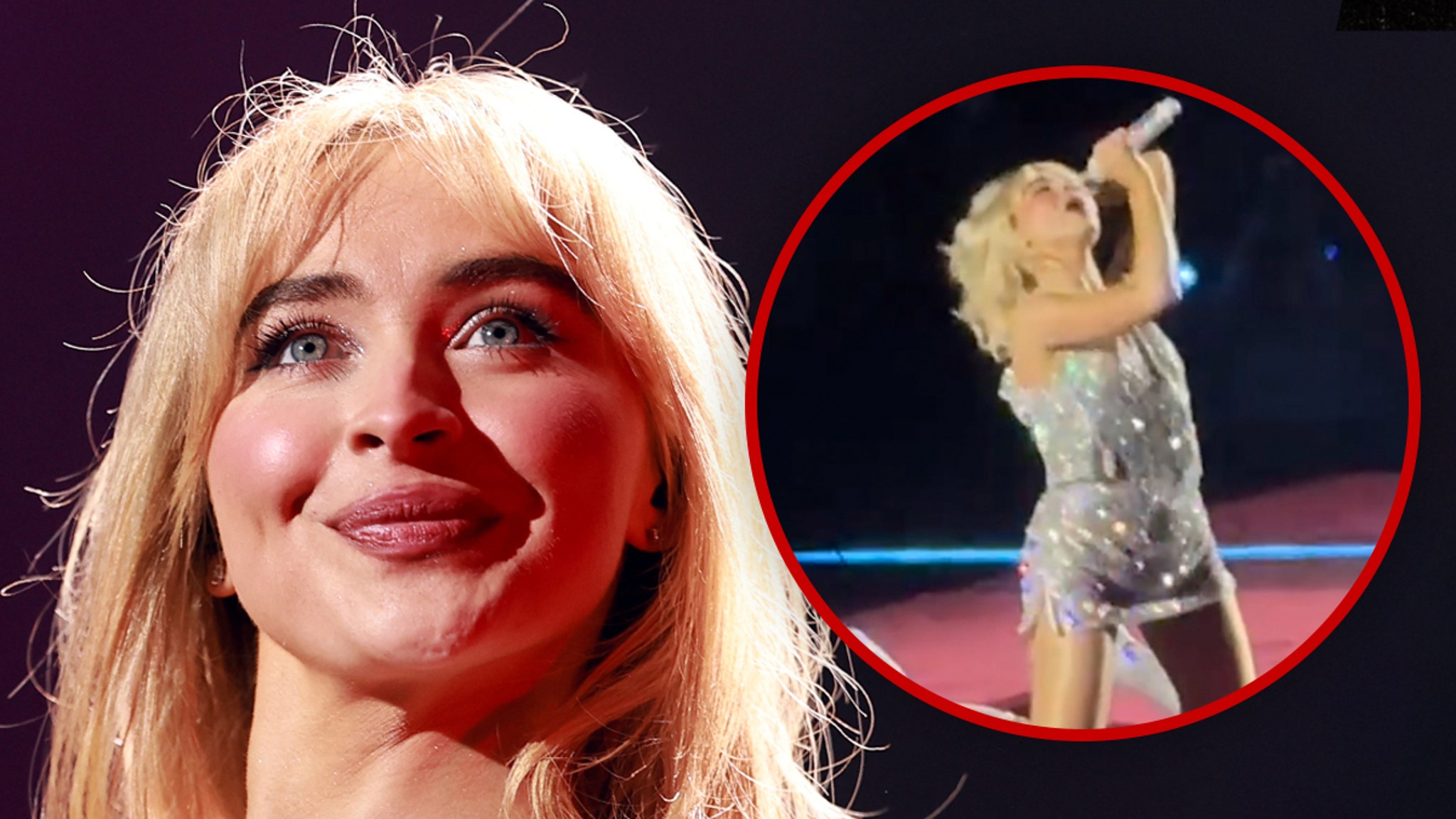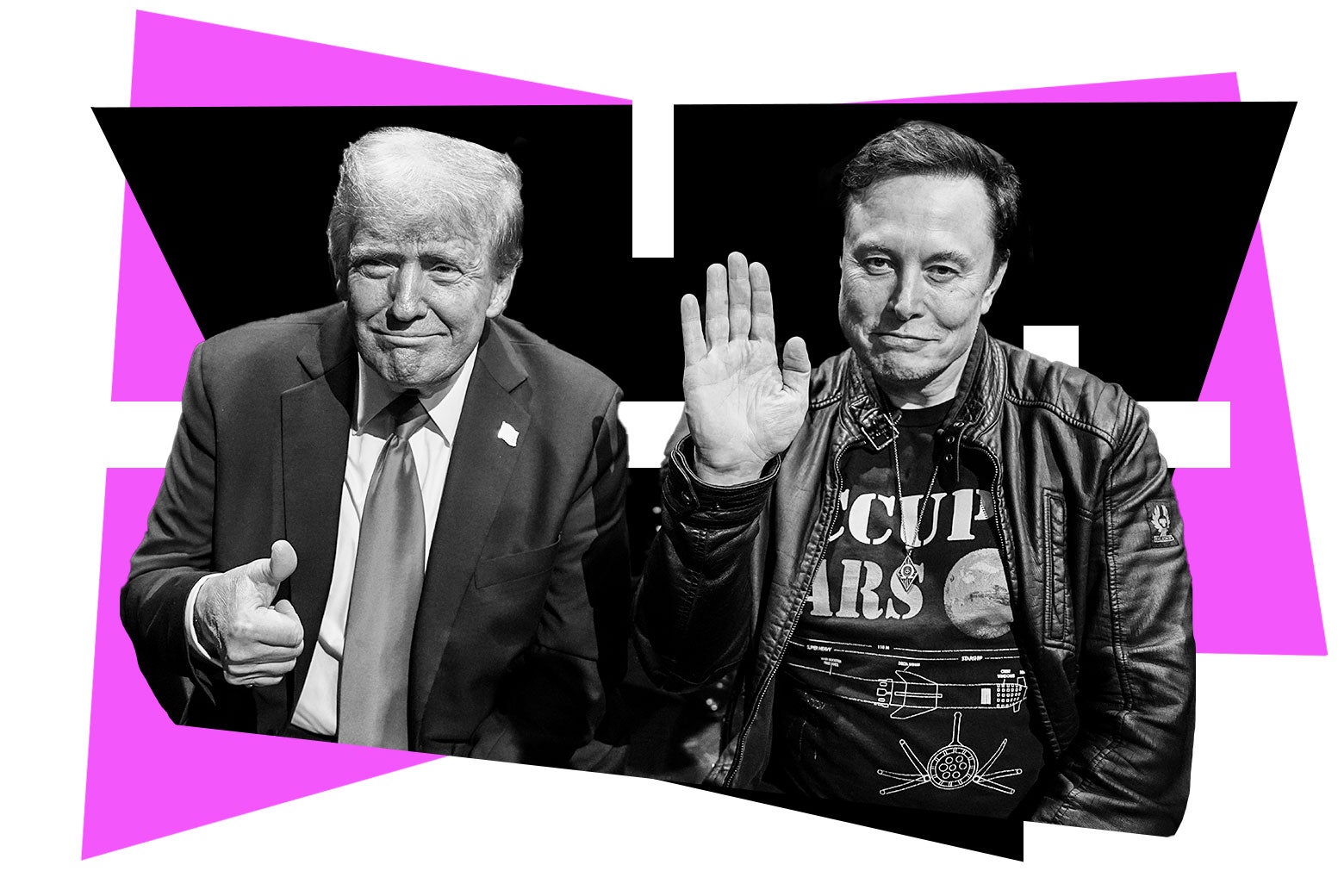As President-elect Donald Trump’s Cabinet takes shape, Trump has shown a preference for a very clear type: the free speech bro. The most powerful among them is of course Elon Musk, whose running of the social media site “X” is providing a preview of what “freedom of expression” might look like in the second Trump administration, and what it might portend for those of us without billions of dollars and a social media platform.
On this week’s Amicus podcast, Dahlia Lithwick was joined by professor Mary Anne Franks, author of Fearless Speech: Breaking Free From the First Amendment, to discuss why the metaphorical “marketplace of ideas” works so very much like an actual market, overwhelmingly white and male and harmful to the vulnerable. Their conversation has been edited and condensed for clarity.
Dahlia Lithwick: I feel as though I have to ask you about Elon Musk before it becomes illegal to ask you about Elon Musk. He is the richest person in the world. He is a centibillionaire. If you look up at night, you may see some of his almost-6,500-and-counting Starlink satellites. You may own one of his electric cars. He owns one of the biggest social networking sites in the world, where he has endorsed antisemitic conspiracy theories and “great replacement” theories. As technology writer Charlie Warzel over at the Atlantic wrote last week, “X is no longer a social media site with a white supremacy problem, but a white supremacist site with a social media problem.”
Musk poured more than $100 million into electing Trump. He joined Trump on the congratulatory phone call to Volodymyr Zelensky. On Tuesday of last week, Trump announced that Musk would help lead a brand new “Department of Government Efficiency” to dismantle bureaucracy.
Have we ever before, even in the Gilded Age, encountered an oligarch who owns the airwaves, who owns the president, who owns our own speech, and who has the power to do all these things under the guise of “freedom”?
Mary Anne Franks: I don’t think we’ve seen it in the United States. I think other countries have seen something somewhat similar, when you’ve got someone who’s in charge of administering propaganda for the state and has so much control over what everyone thinks. Someone who’s going to be part and parcel of a movement that’s already been in place for many years to attack educators, to burn books, to move people away from places where you might actually critically reflect upon power in history. I think Europe has seen it. I think we’re about to experience exactly how bad it can get, because this is supercharged in the age of social media.
When Musk bought Twitter, he was saying, “I’m going to turn this into the public square, actual free speech is going to exist here.” Many people were praising him for that, but then he started to kick people off the platform who criticized him. Some of the people who had praised him before were like, “Well, we’re not really sure if that’s a very free-speech-protective way.”
But he’s actually doing exactly what power does when it invokes free speech. We’ve been telling ourselves in the United States that with the First Amendment, we’re protecting everyone equally, or even protecting the powerless more than the powerful. But that’s never been true. It’s always been the case that our government has managed to preserve a space for itself and the kinds of power and privilege that have been cemented from the beginning.
Elon Musk is now going to officially be part of the government in some way, but he already gave you the trial run. “The marketplace of ideas” looks like Twitter. Elon Musk’s X is the marketplace of ideas, overrun with white supremacists, overrun with misogyny.
Technically, can other people speak there? Yes, sometimes—if he doesn’t actually eliminate you from the platform, but you’re never going to be able to speak in the same amplified way as the people that Elon Musk likes, that power likes. Elon Musk changed the algorithm so that it would boost his posts more than anybody else’s, tweaked it so that it would boost right-wing content far more than other types of content. Although, some of that was already happening before Musk, I should say.
That’s what free speech looks like. That’s what the “marketplace of ideas” looks like. That’s what you get, and now that he’s going to be in government, it’s literally going to be what we all get.
The new terms of service on Twitter, among other things, mandate that any dispute by any user of X is going to go immediately to the U.S. District Court for the Northern District of Texas or state courts in Tarrant County, Texas. X is, needless to say, not located there. The Northern District is already host to two lawsuits that Elon Musk and X have filed after brands pulled ads from the platform. There’s a lawsuit against the watchdog group Media Matters after it published a report saying that ads were appearing next to posts supporting Nazism.
Ten of the 11 active judges in the Northern District were appointed by a Republican. The judge who’s overseeing the Media Matters case is Reed O’Connor, who declared Obamacare unconstitutional nationwide, and has blocked Biden administration policies on guns and LGBTQ+ rights. Even though Judge O’Connor’s financial disclosures show he owns shares in Tesla, he’s still the judge.
Musk is, for all the reasons you just said, including boosting Nazis and silencing his critics, making staying on Twitter unthinkable. He’s also making it risky as a legal matter. Are we in fact in legal peril that Elon Musk, who has infinite money to grind anyone in the manner of Donald Trump, could start suing anybody who criticizes him for defamation in Texas?
I think we’re in more trouble than maybe we’ve ever been in, precisely because we’ve got this pure convergence between naked corporate interests and political interests and manipulation of legal doctrine.
It’s the perfect storm. In my book, I warned, before a lot of this stuff was as apparent, that when you have a version of “consumerist constitutionalism,” you run a lot of risks. One being that you tie your sense of your constitutional identity to a product, and therefore you tie it to people who have nothing in mind other than their corporate bottom line. This is not about democracy, this is about profit.
They sell you this idea of free speech so that you think that unless you’re on their social media platform, you’re not engaged in free speech, because that’s where everything happens. But it also means that you are now at the mercy of some billionaire who’s going to decide whether or not he wants you to speak, or even worse, as you’re pointing out, decides that he’s going to punish you for your speech.
People are surprised by how we got here. We thought we were doing this thing about free speech, but it turns out this is actually going to be supercharged censorship by a really, really powerful, wealthy person who’s got nothing but time on his hands. But that was the inevitable result of where we have been heading for decades now because of this kind of commodification of the idea of speech.
I don’t know why people bought into the idea that someone like Musk was going to be the guardrail against censorship, when in fact he is invoking the concept of free speech as a means of justifying censorship. Because punishing people for their speech is censorship. We’re not talking about making people feel bad about their speech, or not wanting to date someone because they’re a racist bigot—that’s not censorship.
But actually suing people, actually trying to get people jailed—Musk has also called for the imprisonment of his critics. He’s gone farther than to just say “I should be able to sue them all.” He’s also said, and initiated legal actions, to essentially try to force advertisers to associate with him when they don’t want to. Think about how, if we actually were a free-speech-loving country, if the First Amendment meant anything, that kind of compelled speech should be first and foremost the kind of thing that we’re on guard about.
You cannot force people to like you, to speak with you, to give you space, to show up at your parties. And so we’re back to the whole lesson that we never seem to learn about how the banality of evil is real. These are clowns, these are people who are ridiculous because they want so desperately to be welcomed by the very people who look down on them. And now they have all of this money and all of this time, and will have government powers to try to force people to like them.
That’s where we are. That’s how absurd it is, and how frightening it is. And there really seem to be, at least for the near future, no real guardrails against that.

















